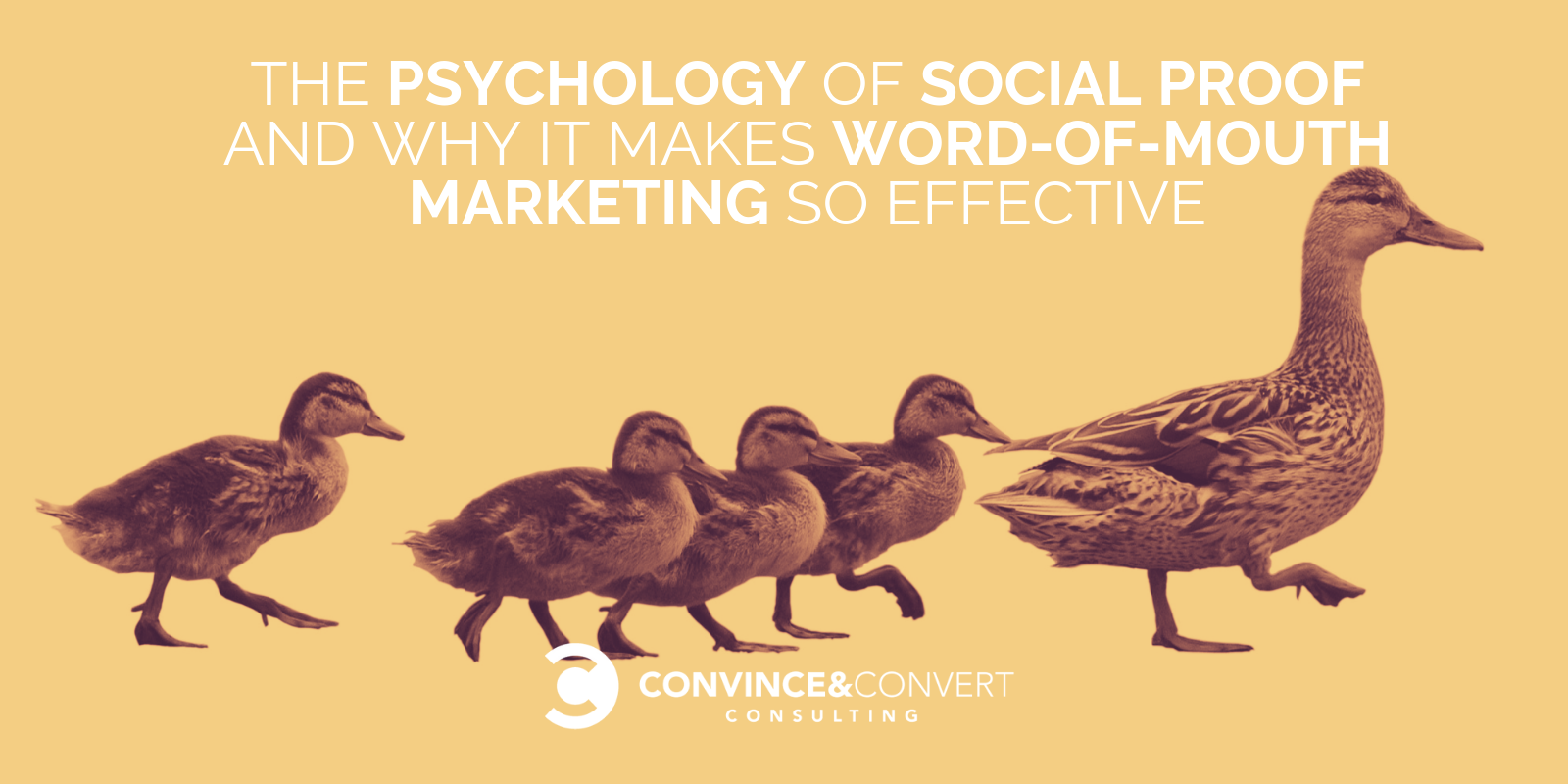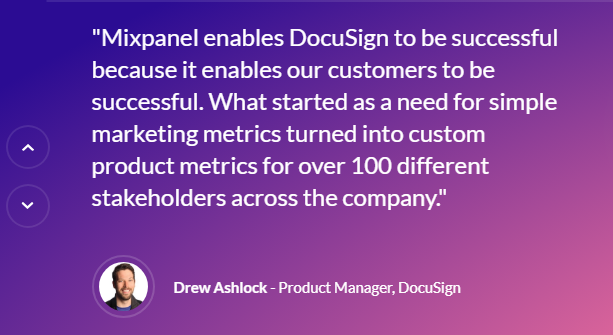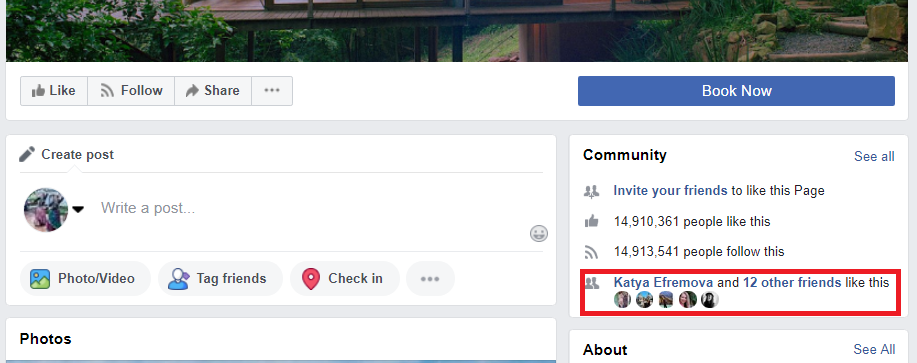
Let’s Start from the Beginning: What is Social Proof?
Social proof is the result of a deeply rooted psychological bias. It implies trust in other people. The forms of this trust include the belief that the majority knows better and that the best way to make a decision is to look at the decisions other people have made. As with most psychological biases, this one generally makes sense.
Think of your behavior in any new environment: at a new workplace, at a party where you don’t know anyone or in a foreign country. Every reasonable person first will observe what others do before making any decisions regarding their own behavior. In the end, this is how evolution taught us to think. Humans that would appear in a new tribe and would talk and dance without figuring out the language and rules of politeness first were killed.
However, relying on the behavior of others is a mental shortcut. We’re supposed to take the behavior of other people as a clue rather than as proof that the behavior is correct. Instead, we often see others and simply copy their ways, ignoring or devaluing other clues.
The bias is most commonplace when we’re uncertain as to what to do in various situations. The huge effect of social proof has been shown through different activities people undertake, from donating money to charity to engaging in “safe” or “unsafe” behavior. Individuals many times rely on others to show them what’s “right”, regardless of their own knowledge.
Social Proof is a Gift for Marketers
Obviously, social proof is a gift for marketers. Incidentally, this bias is exactly why word of mouth is so powerful. If people even copy others’ risks, how could they resist copying others’ product choices?
How Social Proof Supports Word of Mouth
Imagine you see a well-crafted ad that tells you about the benefits of the product you’ve always wanted from Brand A. The ad has stats, proof and a scientific explanation of why it’s a good product. Basically, it’s not your usual eye-grabbing senseless ad — it’s a truly good explanation as to why the product is worth it. Then, imagine your colleague tells you in a conversation on the subject that he bought the product from Brand B and that it’s absolutely amazing.
Which product will you choose: the one from Brand A or the one from Brand B?
If you’re not sure, I’ll tell you for certain: the one from Brand B.
Word of mouth is extremely powerful. It derives from the same principle of social proof — you see a real person, someone you know even, and you trust their opinion. Then imagine how this is amplified if you hear not one, but a couple of people you know talking about the product from Brand B! It also could be a random Instagram user that you follow for no particular reason extolling the virtues of the Brand B product — still very convincing! The effect is comparable to a geometric progression.
Employing social proof is a fantastic way to leverage word of mouth. Let’s look at 4 types of social proof, and how we can leverage it.
1. Expert Social Proof
While some believe that “we’ve had enough of experts”, generally people still trust those who are considered experts more than those who are not. This at least sounds reasonable. That is why you’ll see doctors in healthcare-related ads, sports figures in sportswear ads and science-related people in ads for electronics, heavy equipment, medicine and everything in between. While we might look at the ad and not remember any other info, we’ll most likely remember that it was backed by an expert and pass this information along in a relevant context.

2. Celebrity Social Proof
Weirdly enough, people talk a lot about celebrities. They discuss their love life, lifestyle, fashion and anything else associated with them. It’s puzzling, but there’s no doubt the interest of most people in celebrities isn’t decreasing with time.
There’s a reason celebrities’ posts on social media are extremely expensive that’s because a mention of a product from a celebrity doesn’t only reach a huge amount of people it also starts a broader discussion about the body lotion their favorite model uses, for example. The reach keeps snowballing, and the social proof grows.
However, I’m sure you see a problem: celebrity marketing is ridiculously expensive. Luckily, we don’t always need a football player or an actress doing the job. For most products, micro-influencers – individuals who are famous on social media – will do the trick, as long as they have a substantial following (10k-100k) and a good engagement rate, with the latter being far more important.

3. User Social Proof
The importance of user social proof becomes clear the moment you open any trendy website. You might not see product descriptions or prices, but you will see social proof in all its forms. There will be a list of companies that have used the product (if it’s B2B), a list of user testimonials (in all cases), reviews or a proud note that the product or service has been reviewed on G2 Crowd, or TripAdvisor or Yelp. Websites where users can leave reviews and buy the product have been most successful. Basically, people love reviews – it’s their online access to word of mouth.
It’s especially interesting that people often don’t even seem to care about the kind of reviews. Counterintuitively, research

User social proof isn’t only in reviews and testimonials, it’s also in social media following. Buying social followers is a very controversial practice: the algorithms of social media platforms are made so that purchasing fake accounts might hurt the reputation of your social account. However, growing a following is important in terms of growing social proof: the more people show that they use the product, the more others accept that the product is a good one automatically, and even share this information further.
4. Friends’ Social Proof
The most powerful social proof in terms of its effect on word of mouth is social proof that comes from friends. We trust information that’s shared by people we know and share this information further with much excitement. As it usually happens, it’s hard for marketers to do anything with this knowledge. Friends’ social proof is very hard to achieve in any semi-authentic way. You generally just make a good product and hope people will pass the information along. Some companies, such as Uber and AirBnB, offer discounts for friends, which is a neat thing to do as it plays on both social proof and the desire of a person to get a discount.

The other way in which marketers have successfully employed friends’ social proof is through showing which Facebook friends or email contacts are using the service. The list is shown to you when you register at websites like Couchsurfing or LinkedIn. It also works for online services that show you which of your online friends are using the service. For example, in a study on online security, it was found that showing the users that their friends are using the online security feature is the most effective persuasion method.
Conclusion
Social proof and word of mouth are trusted concepts. It’s can be tricky to implement the powerful word-of-mouth strategy without putting some effort in growing social proof. Go ahead, experiment, and, most importantly, make your product worth talking about!